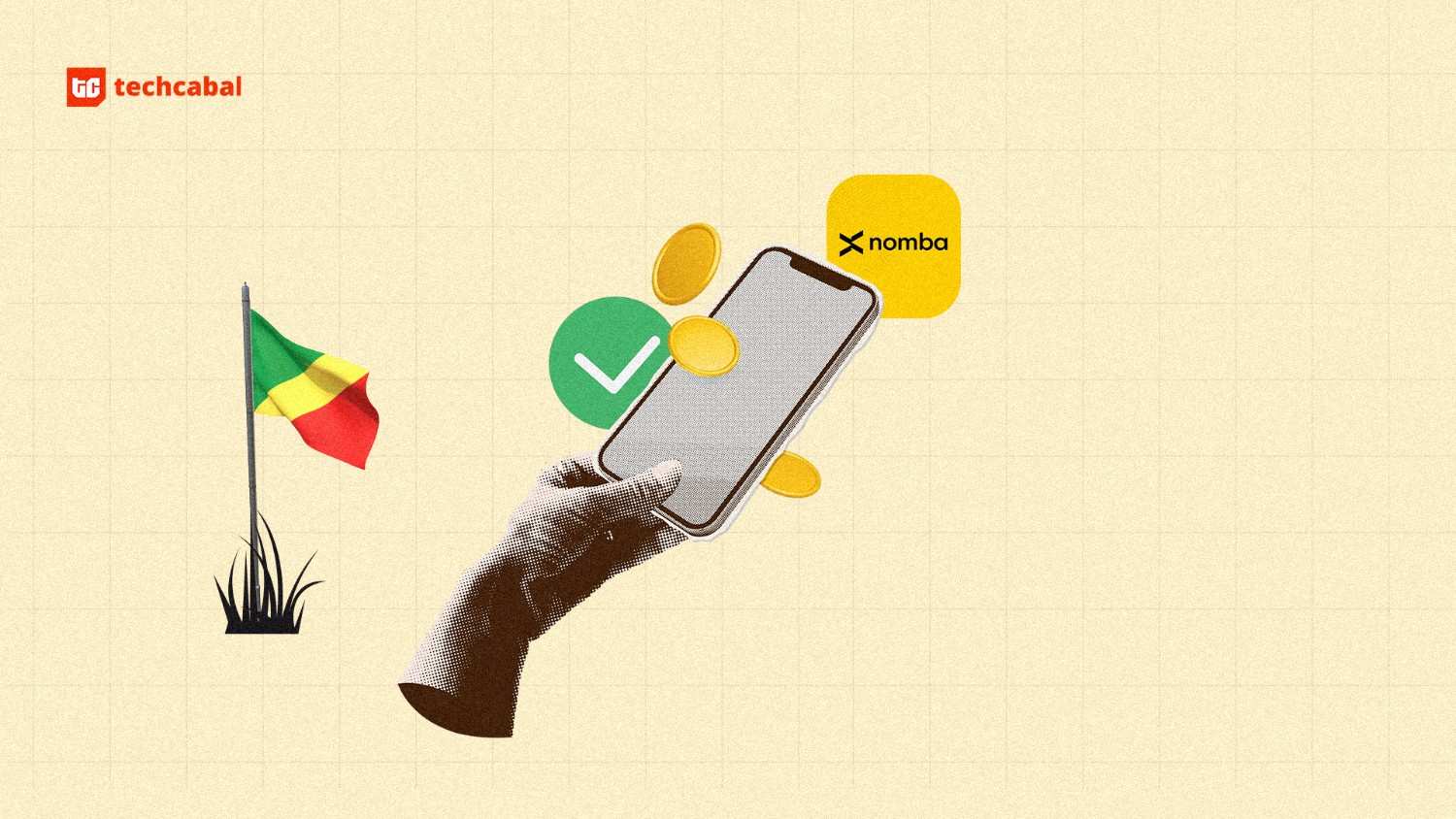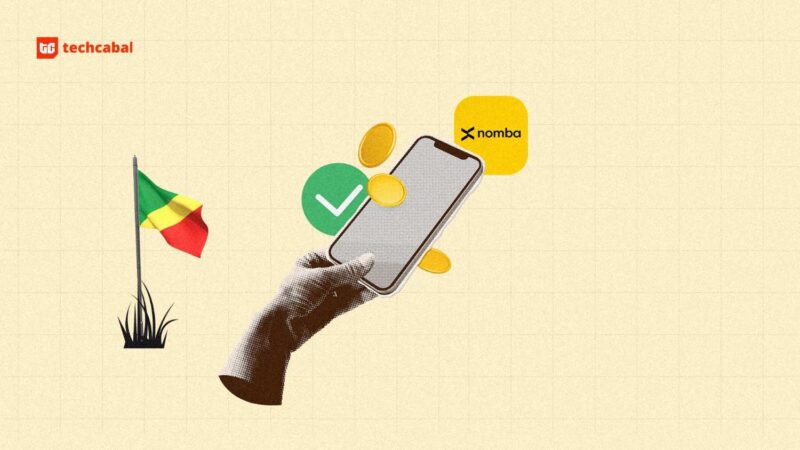
Nomba, a Nigerian payment and banking services provider, is now live in the Democratic Republic of the Congo, quietly setting up shop over the past year and choosing remittances as its entry point.
Why DRC, and why remittances? Over 80% of Congolese adults remain unbanked, yet the banking sector is stable, profitable, and almost entirely dollarised. Mobile money dominates everyday life, with more than 24 million wallets, withdraw their cash instantly. At the same time, remittances stand out as the one financial behaviour most trusted and high-frequency. Traders routinely move funds from China, Dubai, and other corridors, making remittances a natural entry point for the fintech.
So, what’s Nomba’s state of play? Nomba enters a market where banks are chasing government and mining money, and mobile money giants handle daily digital transactions. Somewhere in between that, Nomba wants to bank the unbanked through in-person agents, and it’s using remittances as its Trojan horse. The fintech is recruiting physical agents across Kinshasa—the country’s capital—to manage inflows from China, Dubai, and other high-volume corridors. It plans to earn trust one transaction at a time, and then layer on banking, payments, and eventually credit.
The climax: Nomba acknowledges the DRC’s deep trust issues in digitisation and its cash-heavy culture. Yet it still intends to start with the least digitised users, the very group least inclined to trust formal systems. Is that smart or risky? I say both. In a cash-heavy and low-trust economy, it will not be an easy road, but pull it off, and Nomba will have itself the Congo and its own payment rails.







